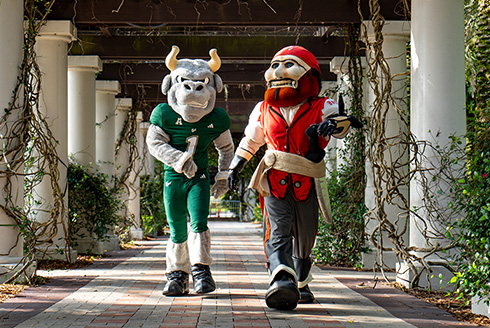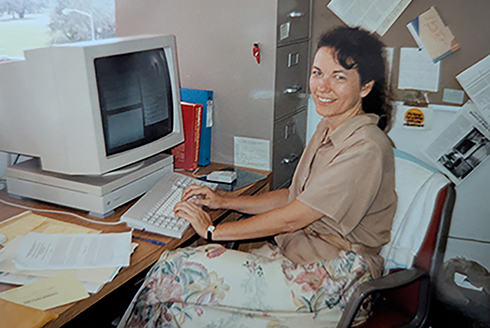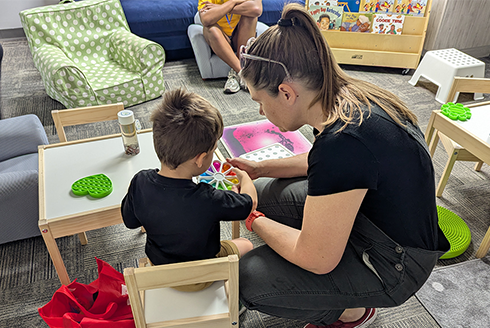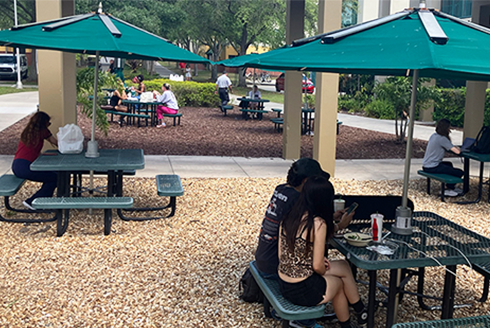University of South Florida News

From classroom to kickoff: How USF’s partnership with the Tampa Bay Buccaneers is boosting career readiness
Through a dynamic partnership between the University of South Florida and the Tampa Bay Buccaneers, students in USF’s Vinik Sport & Entertainment Management Program gain hands-on experience with an NFL franchise. Opportunities include fellowships, mentorships, marketing presentations and networking events with industry executives.
March 31, 2025Community Partnerships, Student Success

How a simple chair in the 1980s led to USF’s global leadership in AI
In the 1980s, a visionary professor of computer science and engineering at USF joined forces with his ambitious doctoral student to explore artificial intelligence when the technology still in its infancy. Their work paved the way for the Bellini College of Artificial Intelligence, Cybersecurity and Computing.
March 27, 2025Cyber/AI, Research and Innovation, Student Success

USF Brewing Arts Program helps professionals tap into new careers
Nearly two dozen students received their certificates of completion for the USF Brewing Arts program. It’s a collaboration between the College of Arts and Sciences, Muma College of Business and local and national breweries.
April 4, 2025Community Partnerships, Student Success

How USF’s 'Autism Friendly' business initiative is transforming Tampa
The Center for Autism and Related Disabilities at the University of South Florida's initiative provides education and training to help businesses accommodate individuals with autism and other developmental disabilities.
April 4, 2025Community Partnerships

USF’s Student Green Energy Fund projects make a lasting impact on campus sustainability
Since its launch, the USF program has powered more than 60 projects, from rooftop solar panels and EV charging stations to solar umbrellas with built-in USB ports – driving sustainability one innovation at a time.
April 3, 2025Campus Life, Student Success
USF In The News
WFLA-TV: USF launches groundbreaking hyperbaric oxygen therapy clinical trial for veterans
March 24, 2025
The Guardian: Scientists identify ‘tipping point’ that caused clumps of toxic Florida seaweed
March 22, 2025
USF Magazine
USF breaks ground on the on-campus stadium, researchers work to unravel the mysteries of Alzheimer's Disease and a look inside the first residence hall on the USF Sarasota-Manatee campus.
